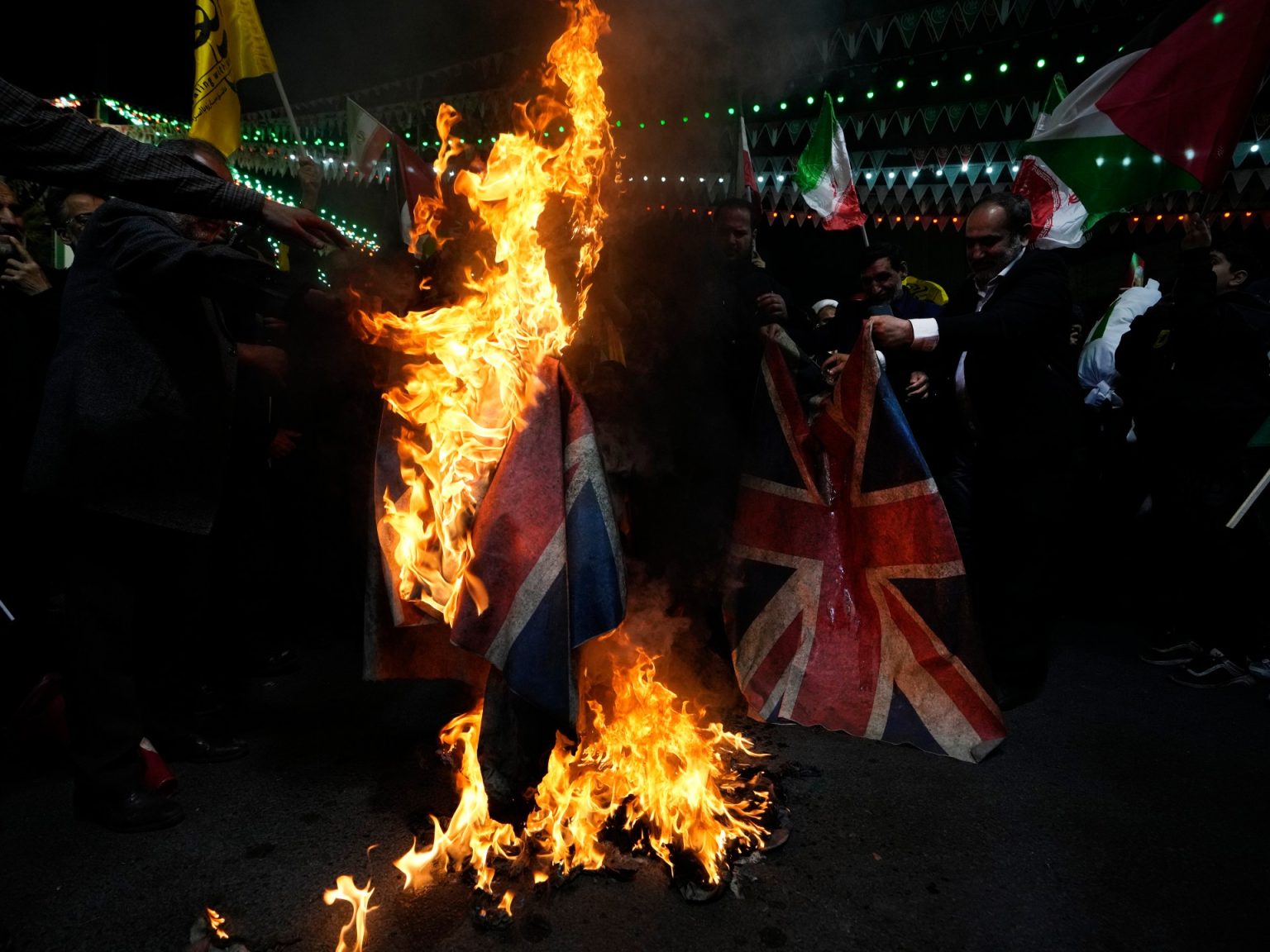Recent attacks on embassies have breached the understanding that embassies are ‘inviolable’ under international law. Mexico and Ecuador are embroiled in a diplomatic spat after Ecuadorian police raided the Mexican embassy in Quito to arrest former Ecuadorian Vice President Jorge Glas. The raid, condemned as an “authoritarian act” by Mexican President Andres Manuel Lopez Obrador, led to Mexico recalling its diplomatic personnel from Ecuador and planning to take the case to the International Court of Justice. Iran’s consulate in Damascus was also destroyed in a suspected Israeli missile attack, prompting Iran to pledge a decisive response.
The Vienna Convention on Consular Relations, signed in 1963, dictates that embassies are inviolable and local law enforcement agencies of host countries cannot enter the premises without the consent of the head of the mission. Embassies are treated as sovereign territories of the countries they represent, giving diplomatic personnel diplomatic or consular immunity. Attacks on embassies or consulates violate international law and are considered equivalent to attacks on the sovereign territory of the country being represented. This underscores the seriousness of recent attacks on diplomatic missions in Ecuador and Syria.
The tradition of embassies offering refuge to dissidents or asylum seekers who fear persecution in their home countries dates back centuries. Countries like Mexico, Argentina, and India have provided shelter to individuals facing arrest or threats to their lives. Such actions highlight the significance of diplomatic missions as places of protection and sanctuary for those in need. However, attacks on embassies have occurred over the years, with instances including bombings, protests, and sieges on diplomatic missions, resulting in casualties and damage.
Diplomats have been targeted in attacks on embassies and consulates, often leading to diplomatic tensions and repercussions between countries. From assassinations and bombings to protests and sieges, diplomatic missions have been vulnerable to violence despite being protected under international law. The targeting of embassies can have far-reaching consequences, impacting diplomatic relations, security protocols, and international law enforcement. These incidents underscore the need for increased diplomatic efforts to prevent attacks on embassies and ensure the safety of diplomatic personnel.
The recent attacks on the Mexican embassy in Quito and the Iranian consulate in Damascus have sparked widespread condemnation from the international community, with countries like Mexico and Iran vowing to take action in response to the violations of their diplomatic missions. The fallout from these incidents is likely to have repercussions on diplomatic relations and international law enforcement. As countries navigate the aftermath of these attacks, the importance of upholding the inviolability of embassies and consulates as protected spaces for diplomacy and sanctuary is underscored.
In conclusion, attacks on embassies and consulates violate international law and challenge the sanctity of diplomatic missions as protected spaces for communication and refuge. The recent incidents involving the Mexican embassy in Quito and the Iranian consulate in Damascus have raised concerns about the security of diplomatic personnel and underscore the need for increased diplomatic efforts to prevent such attacks in the future. As countries like Mexico and Iran seek justice and accountability for the violations of their diplomatic missions, the international community must uphold the inviolability of embassies and consulates as a cornerstone of diplomatic relations and international law.


